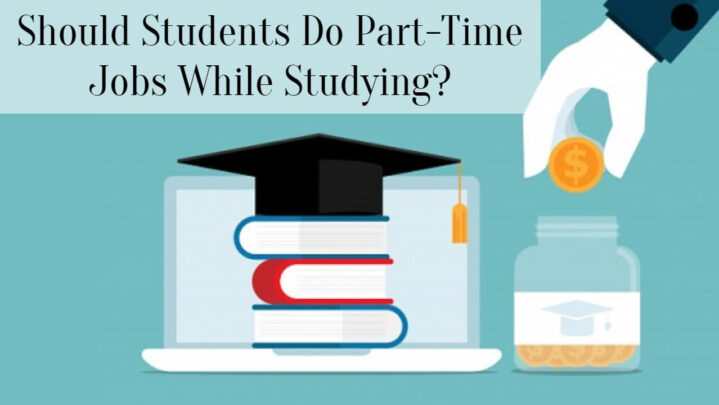On the one hand, you are working while in school may give students with practical work experience, a consistent source of income, and the opportunity to learn critical time management and organizational skills. But on the other hand, working too many hours can result in burnout, poor academic achievement, and a general loss of physical and mental health.
The ability to obtain real job experience is one of the most significant advantages of working while in school. Because many businesses prefer individuals with past work experience, having a part-time job might give students an advantage when seeking full-time work after graduation and working while in school may also give students a sense of independence and financial security, which is especially important for students who are paying for their education.
On the other hand, working too many hours might have a detrimental influence on academic achievement. Students who work more than 20 hours per week may struggle to reconcile their employment and school duties, resulting in worse academic performance and higher stress levels. Working long hours can also cause physical and mental weariness, making it harder to focus on scholarly studies.
Finally, the decision to work while in school is determined by the circumstances and priorities of the particular student. Students with financial obligations or who want to obtain work experience may benefit from part-time employment, whilst others may put academic success above all else.





